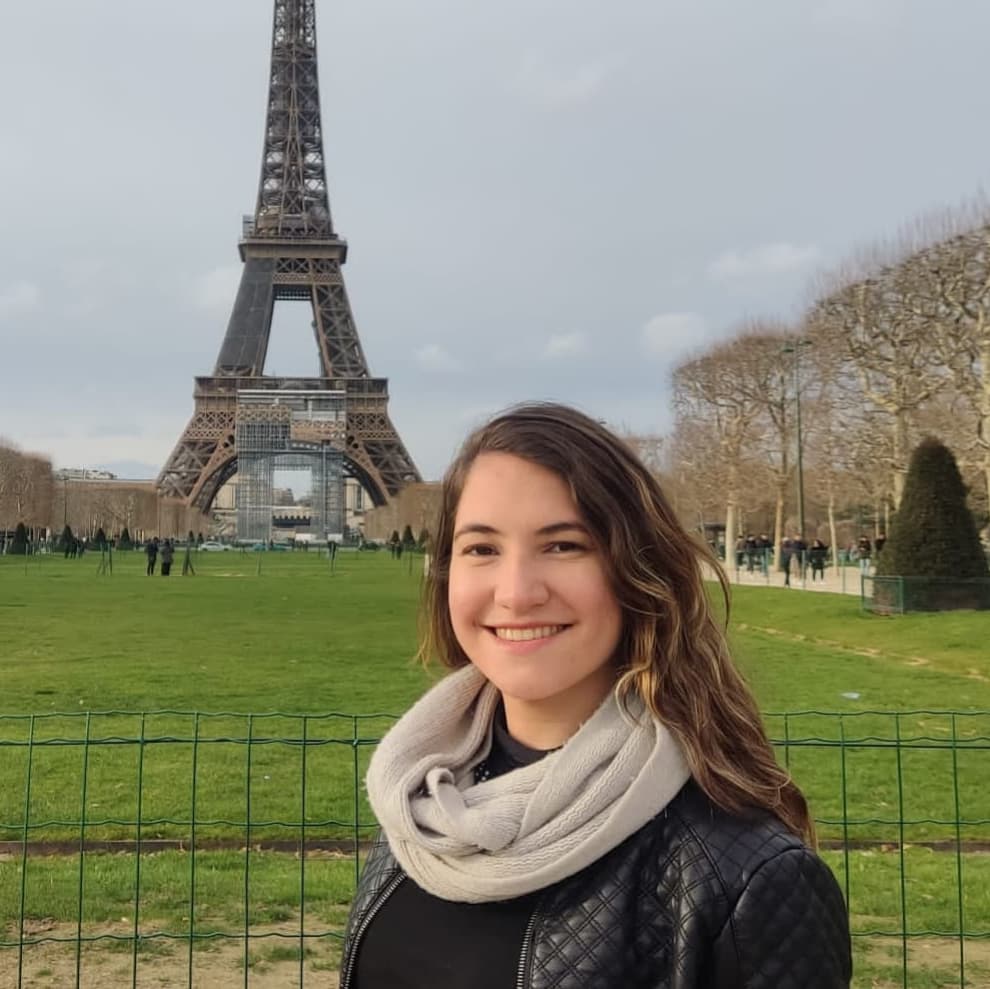PhD in Universidade do Vale do Paraíba
- Nathanne Rost

- Aug 22, 2022
- 3 min read
I graduated PhD in Physics & Astronomy (focused on Physics of Condensed Matter) in August 2021.
Calm down, calm down, very calm! No, I don't understand about galaxies. Also, I don't know how to count stars and observe planets with the telescope. Please, don't ask me anything about NASA!
"Wow, but what kind of PhD in Physics & Astronomy is this one?" Ok, that's why I never refer to the term "Astronomy" when I introduce myself. What happens is that in the University where I graduated, the Physics doctorate course comprises three knowledge areas: Spatial Physics, Astrophysics and Physics of Condensed Matter. Click here for more information about the course.
But what is the Physics of Condensed Matter? Soon we will have here a post dedicated to this area of physics that enchanted me, but for now it's enough to say that the "condensed" phase of the matter (or the materials) studies the atomic scale, as particles, atoms and electrons. In this context, theories from quantum mechanics are applied to understand the behaviour of particles, for example. Therefore, the concepts of physics of condensed matter are fundamental to nanoscience.
My love for the Universidade do Vale do Paraíba (UNIVAP) started in 2012, during my undergraduate in Chemical Engineering. I started to attend to the Laboratório de Nanossensores (LNS) in the first period of the course and I am scientist since then. When I defended my final work using magnetic nanoparticles and graduated as Chemical Engineer, I was sure: I wanted a lot to keep going in my academic career, did not imagine myself (and I still don't) doing another thing that does not involve science. Additionally, I didn't want to change the lab, because there was great possibilities of growing this research line in the University, considering anybody else before worked with these materials at that Institution before, and also considering the scientific and technological potential of these nanoparticles. As I was already involved with science for 5 years and had a favorable CV, I decided not to study the master degree, and passed to the PhD directly.
The first years of the course were tense and intense! Because it was direct, the credits (disciplines) of my PhD needed to be completed considering also the requirements for the master, because some disciplines are the basis for the two courses. This means that I had more lessons than the usual. But the research needed to give results, so the experiments in the lab were still in full swing! But this does not mean that everything was going good. Actually I was in a very bad phase with the nanoparticles, because I couldn't stabilize them. Many times I had not right time to go home, I needed to conclude everything. And did it work out in the end? With great joy, I say yes! Would I do everything again? Yes, but now with more equilibrium between personal and academic life, research and mental health.




Comments